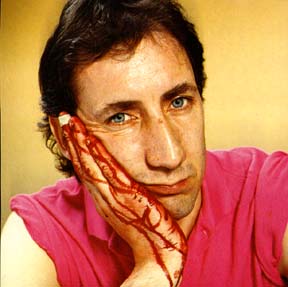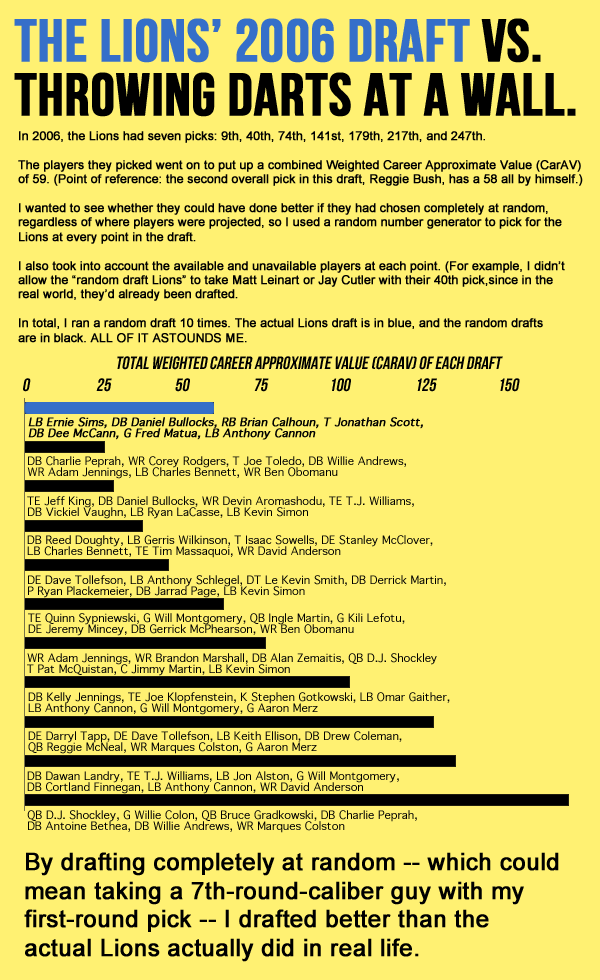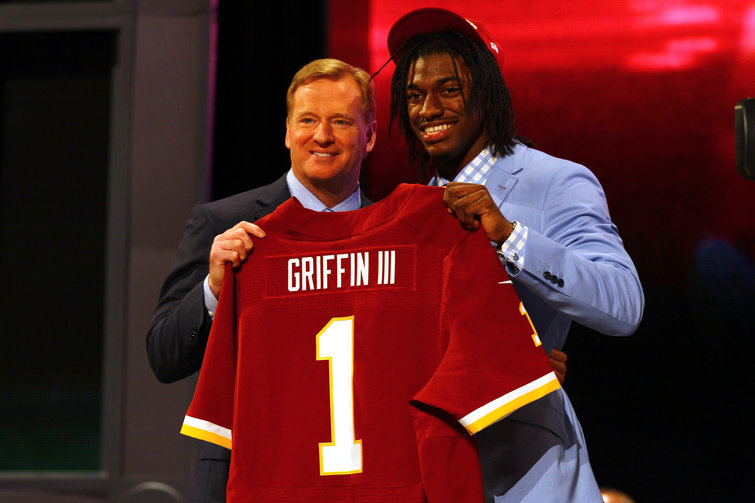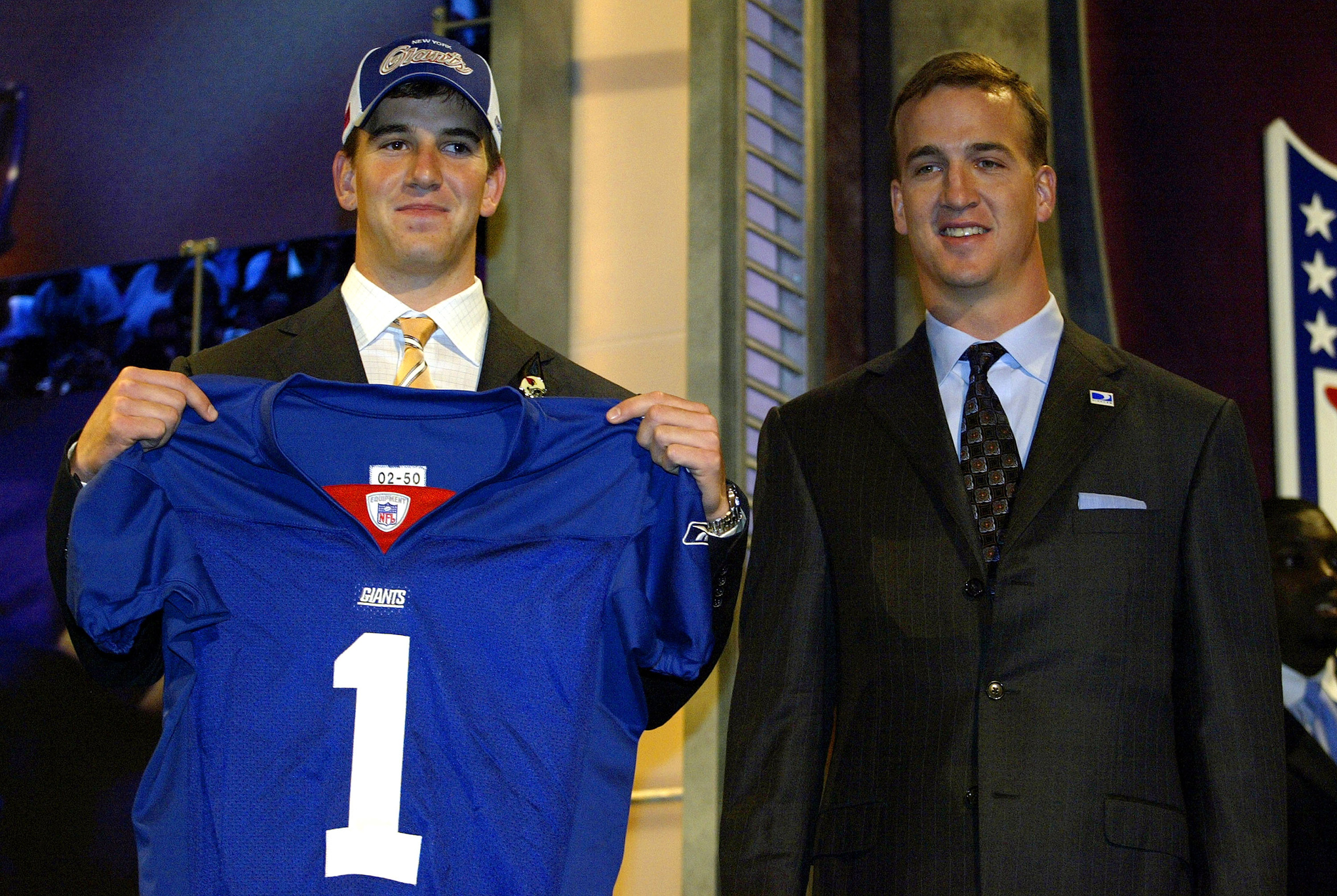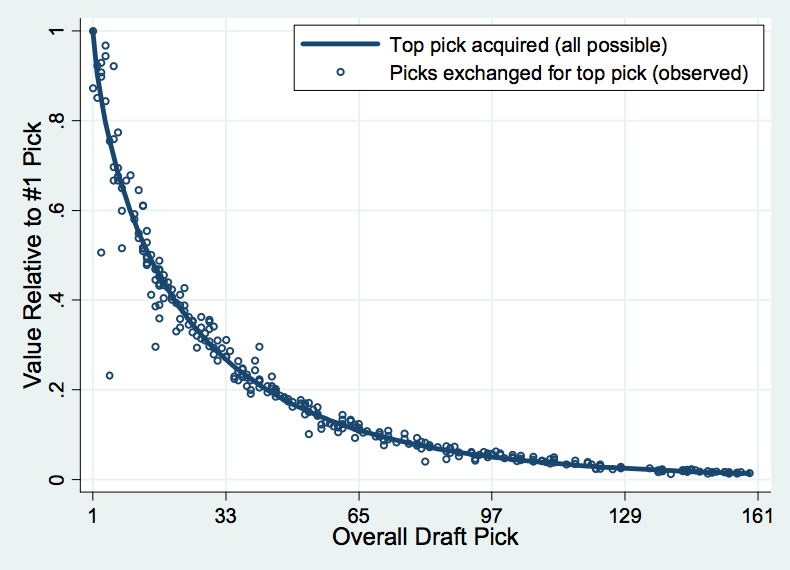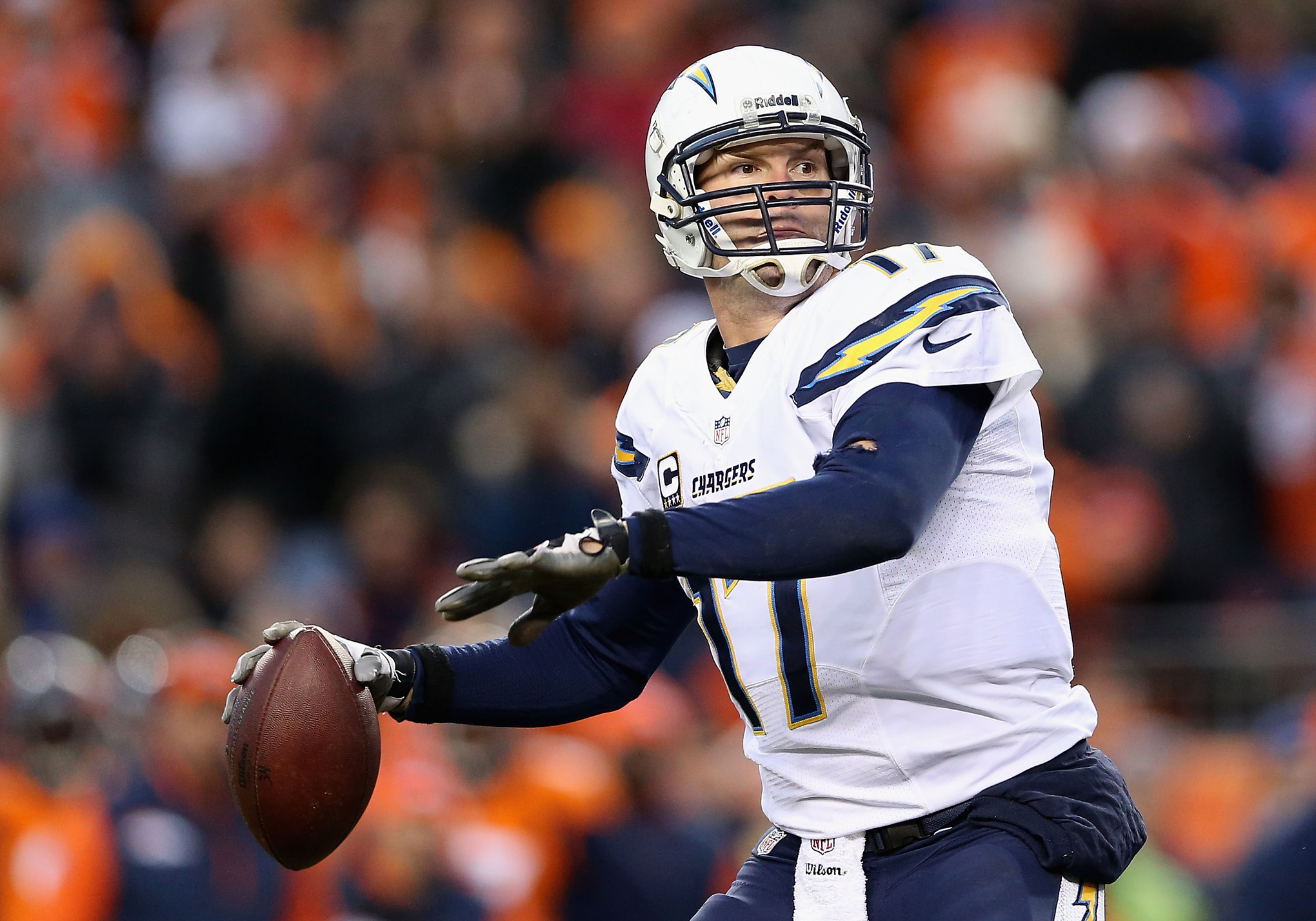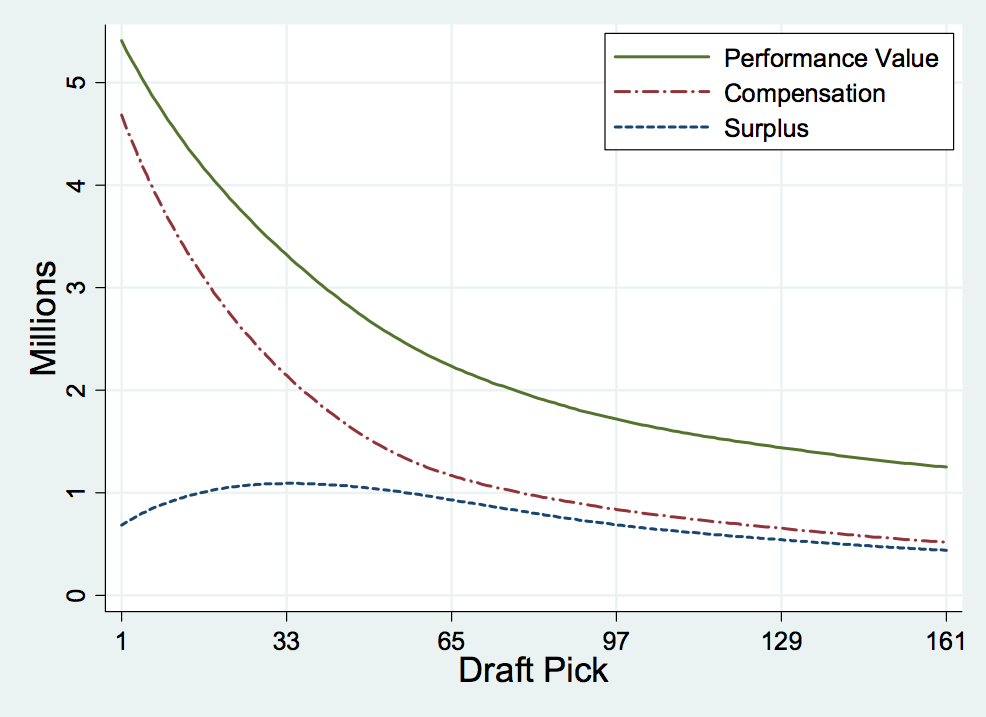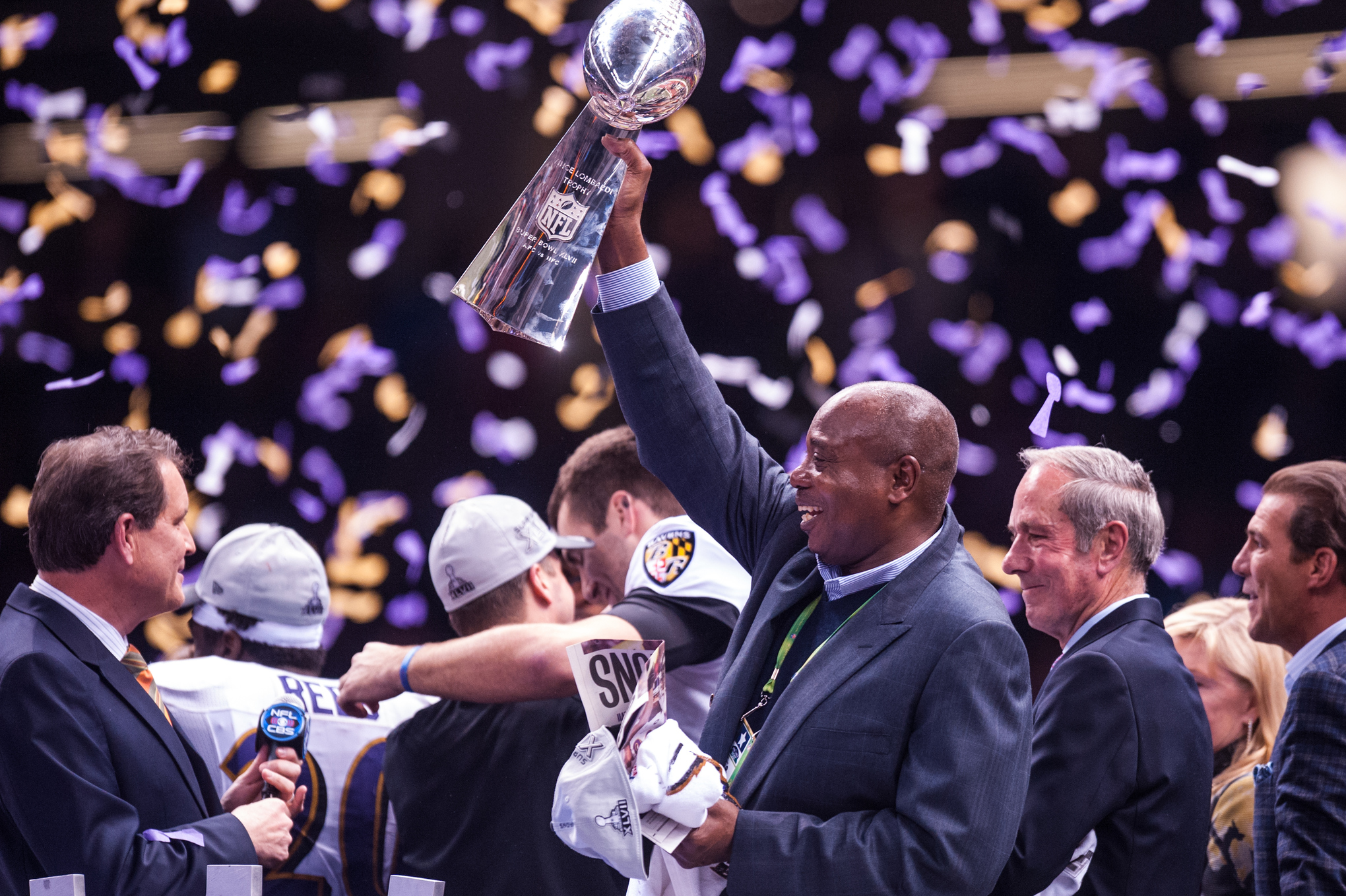You Can Learn A Lot About America From Each State’s Internet Search History
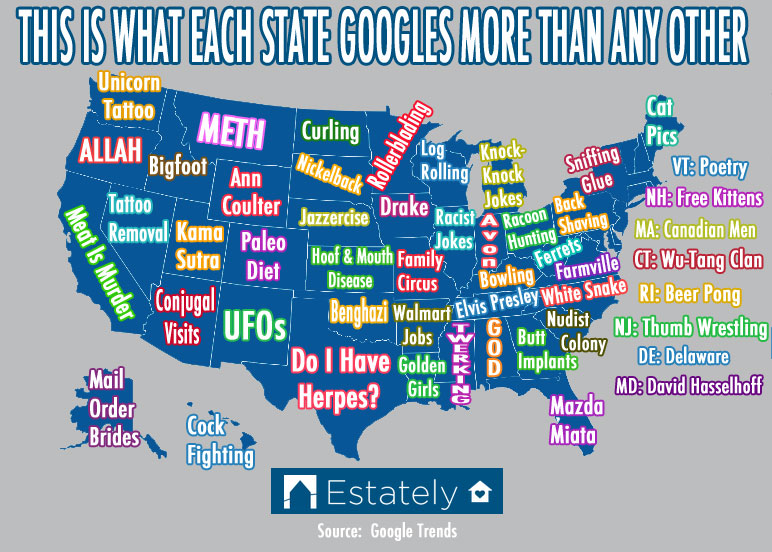 America’s fifty states have a lot in common, but if their internet search histories are any indication they also have significant differences. Estately ran hundreds of search queries through Google Trends to determine which words, terms, and questions each state was searching for more than any other. The results ranged from mildly amusing to completely disturbing. No doubt this information will come in handy for anyone trying to decide which state they want to buy a home in, especially for those curious how their potential neighbors spend their time online. The results on the map above are just the tip of the online search iceberg. Check out what other search queries each state performed more of than any other in the list below…
America’s fifty states have a lot in common, but if their internet search histories are any indication they also have significant differences. Estately ran hundreds of search queries through Google Trends to determine which words, terms, and questions each state was searching for more than any other. The results ranged from mildly amusing to completely disturbing. No doubt this information will come in handy for anyone trying to decide which state they want to buy a home in, especially for those curious how their potential neighbors spend their time online. The results on the map above are just the tip of the online search iceberg. Check out what other search queries each state performed more of than any other in the list below…ALABAMA: FOX News / God / Impeach Obama / Jesus / Jessica Simpson / Obama Is The Antichrist / Polka / Satan
Analysis: It’s a fire and brimstone kind of state, but with a soft spot for pretty blondes.
Analysis: It’s awful lonely up north.
Analysis: Things you’d overhear on an Arizona hippie commune: “I have to reschedule my conjugal visit because have to see a doctor about this scorpion sting.
Analysis: In 2013, Arkansas was declared the most obese state in America, and evidently they did something about it because in 2014 they’re now the second most obese.
Analysis: California has a variety pack of issues.
Analysis: Nobody jumps on the latest trends like Colorado.
CONNECTICUT: The Dave Matthews Band (band) / Hearing Voices / Pepperidge Farms / Wu-Tang Clan (rap group)
Analysis: Wu-Tang Clan and The Dave Matthews Band exchange Pepperidge Farms gift baskets during the holidays.
DELAWARE: Delaware, Joe Biden, What Is Delaware?
Analysis: Delaware is the only state that’s aware of Delaware.
DISTRICT OF COLUMBIA: Congressional Investigation / Lobbyist Jobs / C.I.A. / Hillary Clinton / Ronald Reagan / Republican Party / Democratic PartyFLORIDA: Alligator Wrestling / Botox / Eyebrow Piercing / Hulk Hogan / Juviderm / Lice / Mazda Miata / MDMA / Obamacare / Stand Your Ground / Swingers / Viagra / What is sarcasm?
Analysis: The only thing surprising about Florida’s search history is that it wasn’t even weirder.
GEORGIA: Athlete’s Foot / Butt Implants / Cooking Crack / Divorce / Spanx / Weave / What is tofu?
Analysis: In the end, homemade crack and a new butt just aren’t enough to save a marriage.
HAWAII: Buddha / Cock Fighting / North Korea / Rastafari Movement / Slam Poetry / Spam Recipe
Analysis: When you live within range of North Korea’s nukes it’s important to find distractions.
IDAHO: Bigfoot, Caramel Corn, Potato, Unicorns,
Analysis: It’s a great state for imaginary creatures hungering for carbs.
Analysis: In Illinois, you get a free racist joke with the purchase of a large two-topping pizza.
Analysis: Indiana is a conflicted state.
IOWA: Bacon / Corn / County Fair / Drake (sadly, not the rapper) / First Amendment / Gay Marriage
Analysis: A lot of young corn farmers toil all year long, anxiously awaiting the day Drake will perform at the local county fair… or else they’re just looking into the academic opportunities at Drake University.
KANSAS: Hoof and Mouth Disease / “How I Met Your Mother” (TV show) / Toupee
Analysis: Looks like Kansas finally has something to put on its travel brochures.
KENTUCKY: Black Friday / Bowling / Creed (band) / Demonic Possession / Lyrics to Happy Birthday / New Year’s Resolution / Obama Is the Antichrist (tied with Alabama) / Whores
Analysis: In Kentucky, a common New Year’s resolution is to refrain from staring at prostitutes speaking in tongues when out bowling.
LOUISIANA: Alligator Hunting / Channing Tatum / “Golden Girls” (TV show) / Paternity Test / Pope Francis
Analysis: Channing Tatum is the child’s real father!!!
MAINE: Cat Pics / How to roll a joint / Growing Marijuana / Michael Flatley’s “Lord of the Dance”
Analysis: Maine is ideal habitat for lonely cat owners who are also stoners.
MARYLAND: Crabs / David Hasselhoff / “House of Cards” (TV show) / Kickball / National Football League / Skate or Die / What is Twitter?
Analysis: David Hasselhoff? Is Maryland America’s Germany?
MASSACHUSETTS: Canadian Men / Eyebrow Waxing / George Costanza / Hangover Cure / Muppets / PCP / Tinder / Yoga
Analysis: If you can land a date with one of the much coveted Canadian men in Massachusetts, be sure to take him to the premier of “The Muppets Take PCP”. The Oscars buzz is real.
Analysis: Let’s see how this compares to Wisconsin…
Analysis: A first date in Michigan consists of meeting for fast foot and telling each other knock-knock jokes.
Analysis: What happens in Mississippi stays in Mississippi, and it’s definitely for the best that Mississippi doesn’t know how to post photos of it on Instagram.
MISSOURI: Family Circus (comic) / Nelly (rapper)
Analysis: Missouri’s wifi must have gone out sometime in 2002.
MONTANA: Bill O’Reilly (TV host) / Gun Rights / National Rifle Association / Meth
Analysis: So that’s how they use the internet in Montana…
NEBRASKA: Jazzercise / Shuffleboard
Analysis: The state’s new tourism slogan is “Come for the shuffleboard, stay for the Jazzercise”
NEVADA: Bitcoin / Breast Implants / Gamblers Anonymous / Great White (band) / Guy Fiery (TV chef) / Online Poker / Quiet Riot (band) / Tattoo Removal
Analysis: The shallow hedonism that was the 1980s is alive and well in Nevada.
NEW HAMPSHIRE: Cats / Ellen Degeneres (TV host) / Fireworks / Free Kittens / Live Free or Die / Ron Paul
Analysis: You can pet New Hampshire’s cats when you pry them from their cold, dead hands!
NEW JERSEY: Bon Jovi / Britney Spears / Cure for Baldness / Girdles / New Jersey Jokes / Pantaloons / Six Pack Abs / Teletubbies / Thumb Wrestling
Analysis: In New Jersey, nobody makes fun of your belly or bald spot when you’re the local thumb wrestling champ.
NEW MEXICO: Frito Pie / Juggalos / Peyote / U.F.O.
Analysis: Hopefully the U.F.O.s are just hear to abduct the Juggalos and they leave the Frito pie alone.
NEW YORK: Bail Money / Bed Bugs / Bill Maher (comedian) / Darwinism / Fur Coats / George Michael (singer) / Hangover Remedy / Marrying Cousin / Propecia / Sniffing Glue
Analysis: The saddest day in a New Yorker’s life is the day you raise bail money by selling your fur coat.
NORTH CAROLINA: Barbecue / Charles Barkley’s Golf Swing / White Snake (band) / Your Mama Jokes
Analysis: People are just having a real nice time on the internet in ol’ North Carolina
NORTH DAKOTA: Aliens / Chewing Tobacco / Curling / Fergie (singer) / Figure Skating / Mötley Crüe
Analysis: They party differently in North Dakota.
OHIO: Lebron James / Libertarian / P90X / Raccoon Hunting / Weight Watchers
Analysis: A lot people in Ohio wondering what the Weight Watchers points are for a grilled raccoon.
OKLAHOMA: Atheism / Benghazi / Miley Cyrus / Noodling / Obama Muslim / Pat Robertson / PT Cruiser
Analysis: For anyone looking to make a coffee table book of anti-Obama stickers on the bumpers of PT Cruiser, the state to do it is Oklahoma.
OREGON: Allah / Sex / Spork
Analysis: Somebody needs to go and check on Oregon.
PENNSYLVANIA: Back Shaving / Beer / Competitive Eating / Eagles (band) / Freedom / Furries / Heroin / Jello Wrestling / Madden NFL (video game) / Malt Liquor / “Married With Children” (TV show), Major League Baseball / National Hockey League / Online Dating / Oxycodone / Partying / Taylor Swift (singer) / What is ketchup?
Analysis: Might be time for the other state’s to organize an intervention for Pennsylvania.
RHODE ISLAND: Andre the Giant / Beer Pong / Blumpkins / How to roll a blunt? / MSNBC
Analysis: So is Rhode Island is just one big college fraternity?
SOUTH CAROLINA: The Benghazi Attack / Golf / Hootie & the Blowfish (band) / Nudist Colony
Analysis: After a long day of golfing, the remaining members of Hootie & the Blowfish like to take off their clothes, watch some FOX News, and complain about Darius Rucker’s solo career.
SOUTH DAKOTA: Nickelback
Analysis: Just Nickelback.
TENNESSEE: Elvis Presley
Analysis: Elvis left this earthly realm 37 years ago, but don’t tell that to Tennessee.
TEXAS: Are dinosaurs real? / Are zombies real? / The Bill of Rights / Boogers / Calf Implants / Can dogs talk? / Chupacrabra / Curves International (company) / Do I have herpes? / Does beer make you fat? / Government Mind Control / How to cook meth? / How to sell your soul to the Devil? / Justin Bieber (singer) / Krunk / Meth Recipes / Porn / Purple Drank / Rodeo / Snake Bites / Tacos
Analysis: Texas asks a lot of questions, has a worrisome level of interest in crystal meth, and probably a sore that should be looked at by doctor, but the Lone Star State also has a boatload of tacos. So many delicious tacos.
UTAH: The Church of Jesus Christ of Latter-day Saints / Def Leppard (band) / Demolition Derby / Girls Gone Wild / Global Warming Hoax / Jay Leno / Kama Sutra / Laser Hair Removal / Magic Tricks / Mustaches / Star Trek / Star Wars / Twinkie / Tinder / Twilight (book series) / Weird Al Yankovic (singer) / What is the internet?
Analysis: Utah spends too much time on the internet.
VERMONT: Kale Recipe / Annie Lennox (musician) / “The Daily Show” (TV show) / Gwar (band) / Poetry / Phish (band) / LSD / Stephen Colbert
Analysis: Perhaps it’s not surprising that Vermont is also the whitest state in America.
VIRGINIA: Barney & Friends (TV show)/ Blackeyed Peas (music group) / Che Guevara / Evolution / Farmville / Shakira (singer)
Analysis: Virginia, I love you, you love the Blackeyed Peas, this is why we can’t be a family.
WASHINGTON: Circumcision / Dungeons & Dragons / Gluten / Judas Priest (band) / Non-Alcoholic Beer / Pho, Quinoa / Rachel Maddow (TV Host) / Unicorn Tattoo / Happy Hour /
Analysis: At dinner parties in Washington state, it’s customary to follow the quinoa course a gluten-free dessert. After that, everyone retires to the library for a non-alcoholic beer and a casual conversation about circumcision.
WEST VIRGINIA: Anarchy / Belly Button Piercing / Cat Videos / Conspiracy Theories / Ferrets / Ghosts / How to make moonshine? / Infected Piercing / Meat Loaf Recipe / Methadone / Nancy Grace / Scabies / Second Amendment / Steroids / Vampires / Who let the dogs out?
Analysis: If U.S. states were competing in “The Bachelor”, West Virginia would be the first to not receive a rose.
Analysis: Wisconsin knows full well that in the event of an economic collapse, dollars will be replaced by a currency of cigarettes, alcohol, and Beanie Babies.
Analysis: Not a fun state to be a liberal alpaca farmer.
- – – – – – – – – – – – – – – – – – – – – – – – – – – – – – – – -













